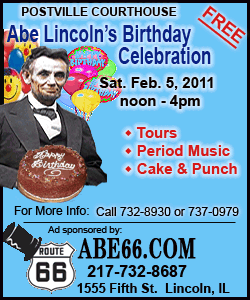| |||||||||||
| |||||||||||
"I hope these new regulations mean the IRS has turned the corner on encouraging whistle-blowers and that this program will be a success," Grassley said in a statement. "Next, the IRS needs to finalize these regulations quickly so they will apply to all the whistle-blowers who filed claims after the 2006 law and have been waiting for their awards." For years the IRS has paid rewards to people who turn in tax cheats. But before 2006, rewards were generally capped at 15 percent of the disputed taxes. In 2006, Congress passed a law targeting high-income tax dodgers, guaranteeing rewards of up to 30 percent for informants if the company owed a least $2 million in unpaid taxes, interest and penalties. Since the law was passed, tips have poured in, according to statistics provided by the IRS whistle-blower's office. In 2009, the agency received 460 tips concerning 1,941 taxpayers in cases involving more than $2 million. But the agency has yet to pay any rewards under the law. Keith said the IRS was "fully committed" to implementing the law. "But payments can't be made until the cases that arise out of the information provided have been fully adjudicated, including exhausting all appeals, and that can be a lengthy process," he said.
[Associated
Press;
Copyright 2011 The Associated Press. All rights reserved. This
material may not be published, broadcast, rewritten or
redistributed.
News | Sports | Business | Rural Review | Teaching & Learning | Home and Family | Tourism | Obituaries
Community |
Perspectives
|
Law & Courts |
Leisure Time
|
Spiritual Life |
Health & Fitness |
Teen Scene
Calendar
|
Letters to the Editor